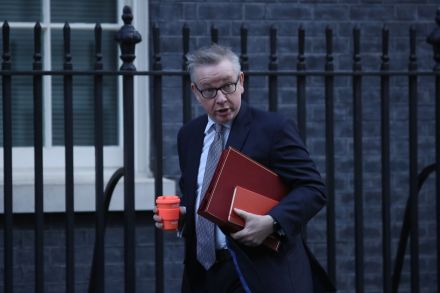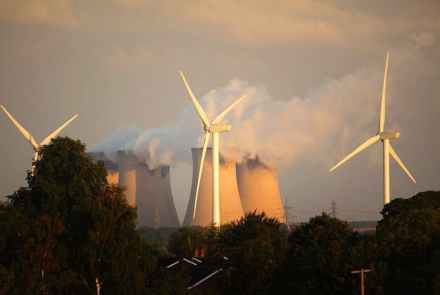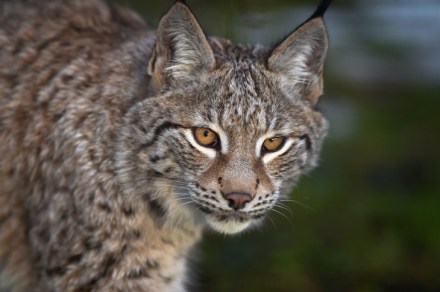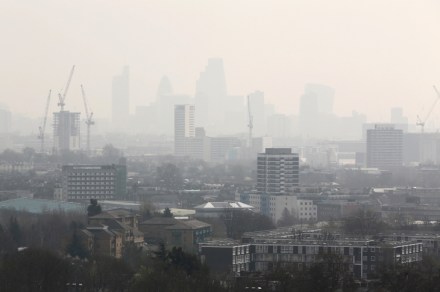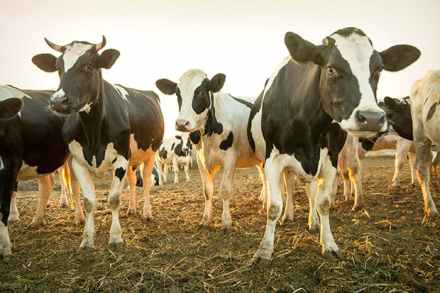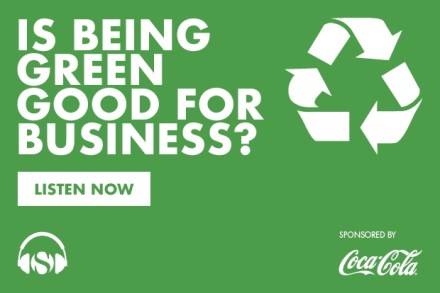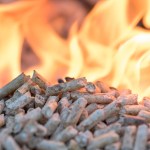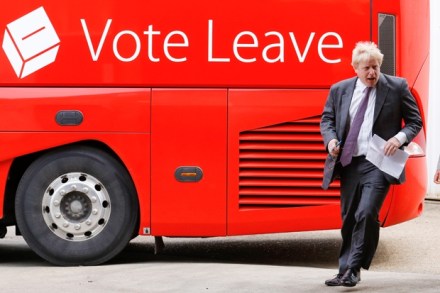The green lobby’s energy obsession is harming the world’s poorest
Access to an abundance of clean water has been pivotal for the public health miracle that has taken place in rich countries. The western world’s water supply infrastructures enables people to get the water they need to stay healthy, and has undoubtedly played a big role in life expectancy shooting up in the last century. But in the developing world, adequate water supply has completely fallen off the agenda. Instead, environmental health for poorer countries has come to mean only provision of some clean drinking water and latrines. But the copious supplies of clean water that allow hygienic conditions – and therefore public health – to be maintained are no longer seen as a



